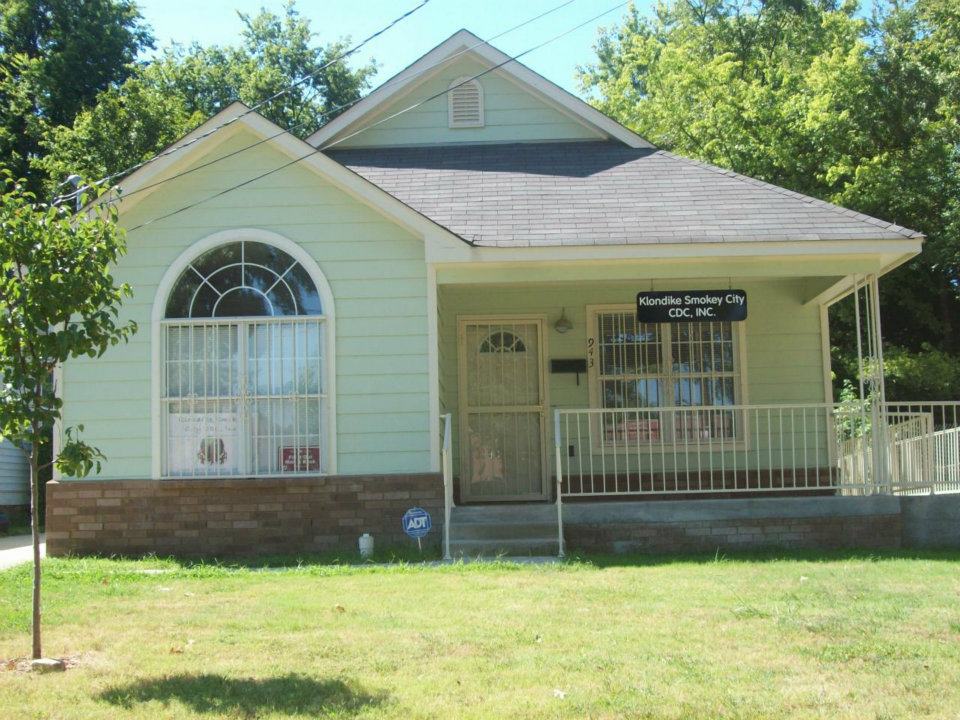This commentary was published August 18 by The Commercial Appeal:
For two decades, the remarkable rebirth of Crosstown Concourse seemed about as plausible as reviving the lifeless Sterick Building.
Now risen from the dead, the former Sears, Roebuck and Company catalog distribution center and retail store is generating national attention.
The project’s economic impact is regularly spotlighted in media coverage, but on Dec. 3, 2013, the story was about a different kind of impact altogether — social impact.
That was the day that Memphis City Council voted on a request for $15 million for Crosstown Concourse from the building’s developers.
It was anything but a foregone conclusion, with one television report saying that approval meant that “fixing Memphis’ shoddy roads … will have to wait,” and with neighborhood leaders asking: Do we ever get to the front of the line when city government is giving out money?
It’s About Neighborhoods
Although the administration of then-Mayor A C Wharton presented the obligatory economic impact report about direct and indirect jobs and wages, sales tax impact, and return on investment, it was Crosstown Concourse’s impact on the Klondike/Smokey City neighborhoods nearby that proved decisive in the vote.
The Wharton administration’s presentation to City Council featured a PowerPoint presentation with this syllogism: (1) Neighborhoods are the building blocks of community; (2) Memphis is a city of neighborhoods; and (3) Redevelop Memphis inside out, neighborhood by neighborhood.
There was even a detailed plan presented to revitalize Klondike/Smokey City that included infill with more housing choices; a festival square, parks, and open space; reconfiguring Jackson Avenue; rebuilding and greening the bayous; and an impressive urban food magnet that’s more public market than farmers’ market.
These proud neighborhoods have a strong sense of pride connected to their rich history. It is said that Klondike was named by people who were on their way to the Gold Rush and ran out of money in Memphis. Smokey City was named for the smoke from blacksmith forges and foundries in the area at a time when mules were the primary means of transport.
The neighborhoods were one of the first places in Memphis where African Americans could own their own homes, becoming places where many professionals and people of prominence lived.
The Definition of Success
The city’s promise to help Klondike/Smokey City — called “North Memphis Neighborhoods of Choice” in the Wharton Administration presentation — carried the day and funding for Crosstown Concourse was approved; however, there was no money appropriated to kick start the Klondike/Smokey City plans.
To their credit, the developers of Crosstown Concourse stepped forward, stating their commitment to Klondike/Smokey City by promising money for work there and pledging that members from the neighborhoods would sit on the board overseeing the work on Crosstown Concourse.
There is progress. Councilman Joe Brown successfully added $3.3 million in the city’s capital improvements budget to begin improvements to Jackson Avenue, the backbone for the commercial strategies shown to Council almost four years ago and which included a key objective of connecting the neighborhoods with Crosstown Concourse. Also, earlier this year, the city was awarded a $1 million grant to make improvement in North Memphis, including Klondike/Smokey City.
A voluminous notebook handed out by the Wharton administration on the day of the vote said Crosstown Concourse would be a “milestone of progress” to be spotlighted during Memphis’ 2019 bicentennial celebration, but more to the point, it said the project’s impact on neighborhoods north of it would speak even louder about who Memphis is.
After all, a city that can reboot against all odds a massive building written off as irredeemable can surely resuscitate proud historic neighborhoods like Klondike/Smokey City. As the report said, that ultimately will be Crosstown Concourse’s most important measure of success.
Tom Jones leads Smart City Consulting. Tom writes a monthly column, City Journal, for Memphis magazine and is primary author of a blog, Smart City Memphis.




Crosstown Concourse is a badly needed help to this part of town. But drive a few blocks from it and the neighborhoods are in very bad shape as they are in much of the city. The Klondike Smokey areas and Jackson Ave strip have not yet seen many changes, as far as I can tell. Renovating the old Sears bldg suck up so much developers money and effort I think it will be a long time until it’s spread out to the neighborhoods. As for the Sterick Bldg and 100 North Main, well that’s just never going to happen. Both blogs are too far gone and need to be torn down in the interest of public safety.
Great point. I look forward to seeing what social impacts this development has on the Klondike/Smokey City neighborhood. The impacts of this project will definitely reveal what the City planning to do and who for. Hopefully we get this one right by protecting this community’s rich history and culture and not lead this neighborhood to gentrification.
Gentrification is exactly what Crosstown Crossing is and I hope it spreads across our many blighted neighborhoods.